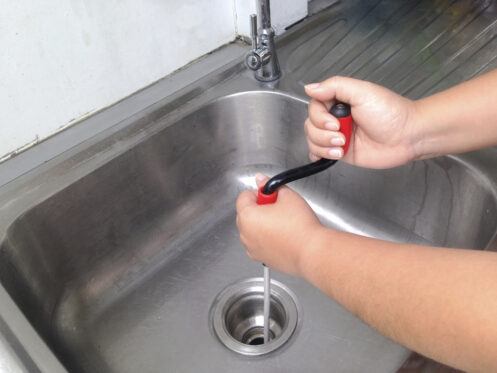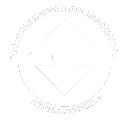The septic tank is a vital disposal system that manages domestic wastewater. However, despite being used for disposal, there are things you should refrain from all into this system.
1. Non-Biodegradable Items
A septic tank breaks down waste through bacterial and microorganism actions. Non-biodegradable items like plastics and sanitary napkins do not undergo natural decomposition. They will obstruct the system pipes and pores of the soil absorption field. This will impede the flow of wastewater and cause damage to the system.
Accumulation of non-biodegradable items may also raise the frequency of pumping. More pumping services will result in increased maintenance costs.
2. Excess Amounts of Water
Septic tanks have a limited ability to process and treat wastewater. When excess amounts are introduced in a short period, it may lead to incomplete treatment and carryover of solids into the drain field. Water overloads will also increase the likelihood of plumbing backups in the house. When the tank is overloaded with water, you may need to increase pumping frequencies, which will cause you to incur additional costs.
Ensure the downpipes that carry rainwater do not drain into the septic tank. You can also ensure some time is left between using household systems that discard a considerable amount of water. For example, after using the washing machine, wait a while before using the shower to ensure that too much water does not flow into the system simultaneously.
3. Chemicals
Septic systems rely on a delicate balance of bacteria and microorganisms to break down waste. Bleaches and chemicals can harm beneficial bacteria by killing them or slowing their growth. Moreover, certain chemicals can eat away at the materials used to construct the tank. This will weaken the structure of the overall system and may cause leaks and failures.
4. Medications
Antibiotics and other pharmaceuticals have antimicrobial properties that will disrupt the microbial balance in the tank. Besides, most regulatory agencies and environmental organizations discourage the disposal of medications in septic tanks. Pharmaceutical compounds in medicine are introduced to the soil and groundwater and may threaten aquatic life.
5. Paints and Solvents
Paints and solvents contain heavy metals, solvents, and toxic substances. Introducing these substances in the septic tank contaminates soil, groundwater, and nearby water bodies. Most communities have collection events for household hazardous waste, including paints and solvents, where you can dispose of them. Also, the containers provide specific disposal instructions you should abide by to ensure proper disposal.
6. Grease and Cooking Oils
Grease and cooking oils can solidify and accumulate in the pipes and the septic tank. When they accumulate, they will lead to blockages and restrict wastewater flow. They can also interfere with natural biological processes occurring in the septic tank. Bacteria may not easily break down grease, and this will reduce the treatment efficiency of the system. Grease and oils can form a scum layer on the surface of the wastewater. This reduces the adequate volume of the tank. It may also disrupt the settling of solids, allowing untreated waste to pass into the field.
7. Detergents Containing Phosphates
Phosphates are nutrients for algae and other aquatic plants. When you put them in the tank, they contribute to nutrient overload in the surrounding soil. This results in excessive plant growth and may block the ground pores, reducing drain field effectiveness. Excessive phosphates may also stimulate the growth of certain bacteria, leading to imbalanced microbial processes.
8. Heavy Solid Waste
Septic tanks are designed to handle liquid and easily degradable organic wastes. Heavy solid particles can overwhelm microbial activity and reduce efficiency. The accumulation of these large particles may also clog and block pipes. The settling process in a septic tank allows solids to settle at the bottom while water moves to the drain field. Heavy solids may prevent proper solid and liquid separation.
At Salina Septic Service, we offer a wide range of septic services to residents of Salina and the surrounding areas. In addition, we provide portable restrooms and dumpster rentals. Whether you want to host an event or a construction project of any duration, we offer portable toilets tailored to your needs. Our ready-to-rent portable toilets are available and can be delivered and relocated promptly on the following business day. Our dedicated team ensures weekly maintenance, including waste tank emptying, restocking, unit recharging, thorough cleaning, disinfection, and damage inspection. Contact Salina Septic Service today.


